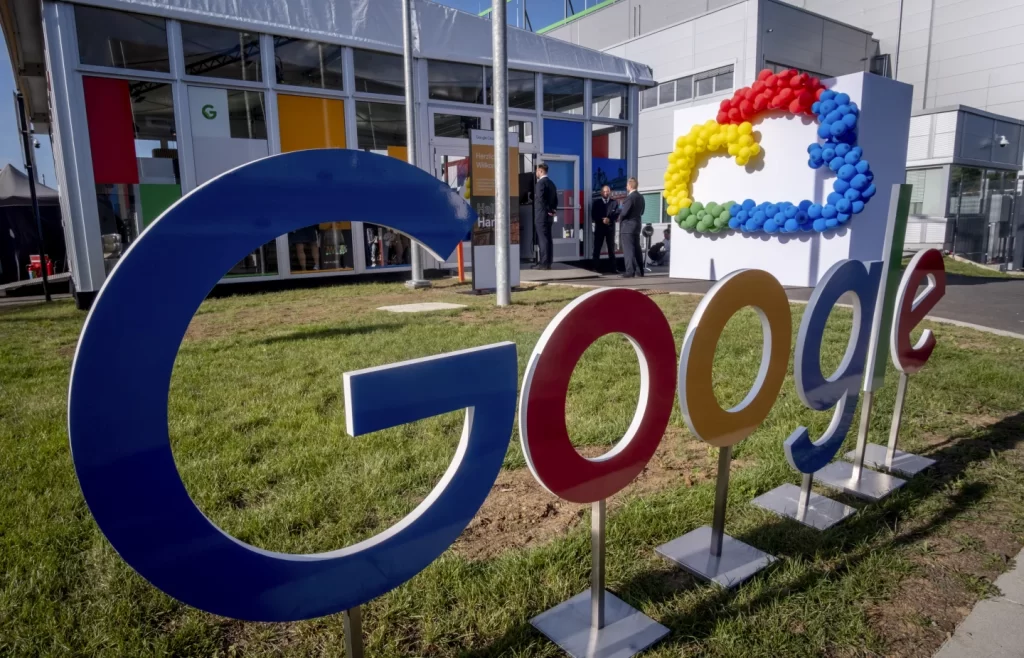
LONDON— Europeans scrolling their phones and computers this week will get new choices for default browsers and search engines, where to download iPhone apps and how their personal online data is used.
They’re part of changes required under the Digital Markets Act, a set of European Union regulations that six tech companies classed as “gatekeepers” — Amazon, Apple, Google parent Alphabet, Meta, Microsoft and TikTok owner ByteDance — will have to start following by midnight Wednesday.
The DMA is the latest in a series of regulations that Europe has passed as a global leader in reining in the dominance of large tech companies. Tech giants have responded by changing some of their long-held ways of doing business — such as Apple allowing people to install smartphone apps outside of its App Store.
The new rules have broad but vague goals of making digital markets “fairer” and “more contestable.” They are kicking in as efforts around the world to crack down on the tech industry are picking up pace.
Here’s a look at how the Digital Markets Act will work:
WHAT COMPANIES HAVE TO FOLLOW THE RULES?
Some 22 services, from operating systems to messenger apps and social media platforms, will be in the DMA’s crosshairs.
They include Google services like Maps, YouTube, the Chrome browser and Android operating system, plus Amazon’s Marketplace and Apple’s Safari Browser and iOS.
Meta’s Facebook, Instagram and WhatsApp are included as well as Microsoft’s Windows and LinkedIn.
The companies face the threat of hefty fines worth up to 20% of their annual global revenue for repeated violations — which could amount to billions of dollars — or even a breakup of their businesses for “systematic infringements.”
WHAT EFFECT WILL THE RULES HAVE GLOBALLY?
The Digital Markets Act is a fresh milestone for the 27-nation European Union in its longstanding role as a worldwide trendsetter in clamping down on the tech industry.
The bloc has previously hit Google with whopping fines in antitrust cases, rolled out tough rules to clean up social media and is bringing in world-first artificial intelligence regulations.
Now, places like Japan, Britain, Mexico, South Korea, Australia, Brazil and India are drawing up their own versions of DMA-like rules aimed at preventing tech companies from dominating digital markets.
“We’re seeing copycats around the world already,” said Bill Echikson, senior fellow at the Center for European Policy Analysis, a Washington-based think tank. The DMA “will become the defacto standard” for digital regulation in the democratic world, he said.
Officials will be looking to Brussels for guidance, said Zach Meyers, assistant director at the Center for European Reform, a think tank in London.
“If it works, many Western countries will probably try to follow the DMA to avoid fragmentation and the risk of taking a different approach that fails,” he said.
HOW WILL DOWNLOADING APPS CHANGE?
In one of the biggest changes, Apple has said it will let European iPhone users download apps outside its App Store, which comes installed on its mobile devices.
The company has long resisted such a move, with a big chunk of its revenue coming from the 30% fee it charges for payments — such as for Disney+ subscriptions — made through iOS apps. Apple has warned that “sideloading” apps will come with added security risks.
Now, Apple is cutting those fees it collects from app developers in Europe that opt to stay within the company’s payment-processing system. But it’s adding a 50-euro cent fee for each iOS app installed through third-party app stores, which critics say will deter the many existing free apps — whose developers currently don’t pay any fee — from jumping ship.
“Why would they possibly opt into a world where they have to pay a 50 cent per-user fee?” said Avery Gardiner, Spotify’s global director of competition policy. “So those alternative app stores will never get traction, because they’ll be missing this huge chunk of apps that would need to be there in order for customers to find the store attractive.”







